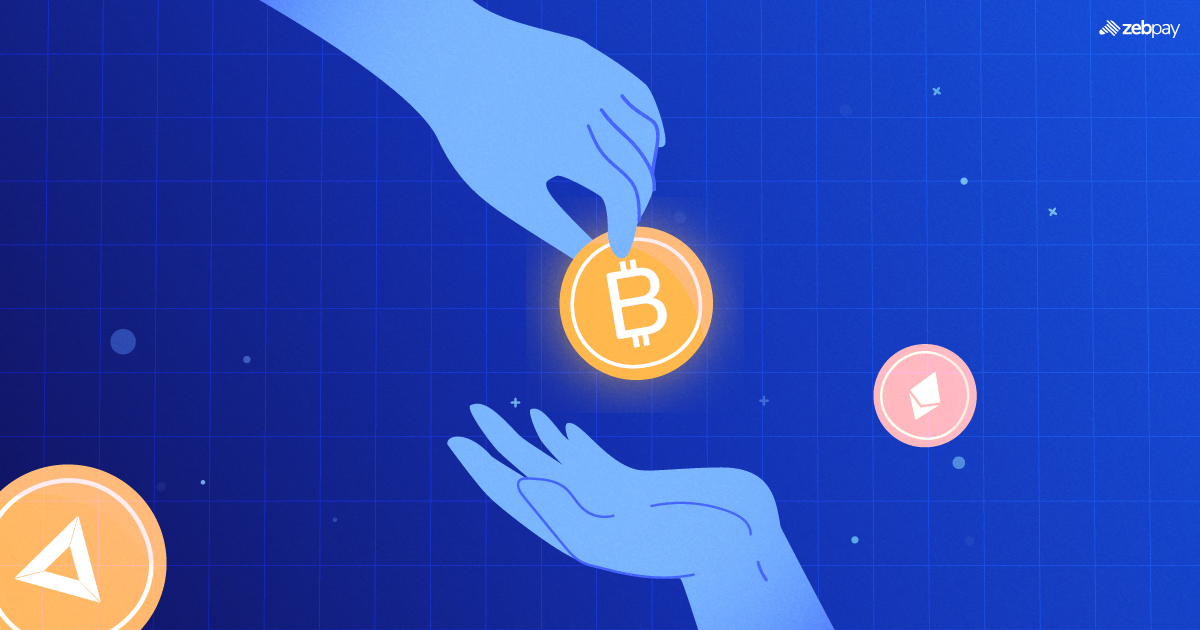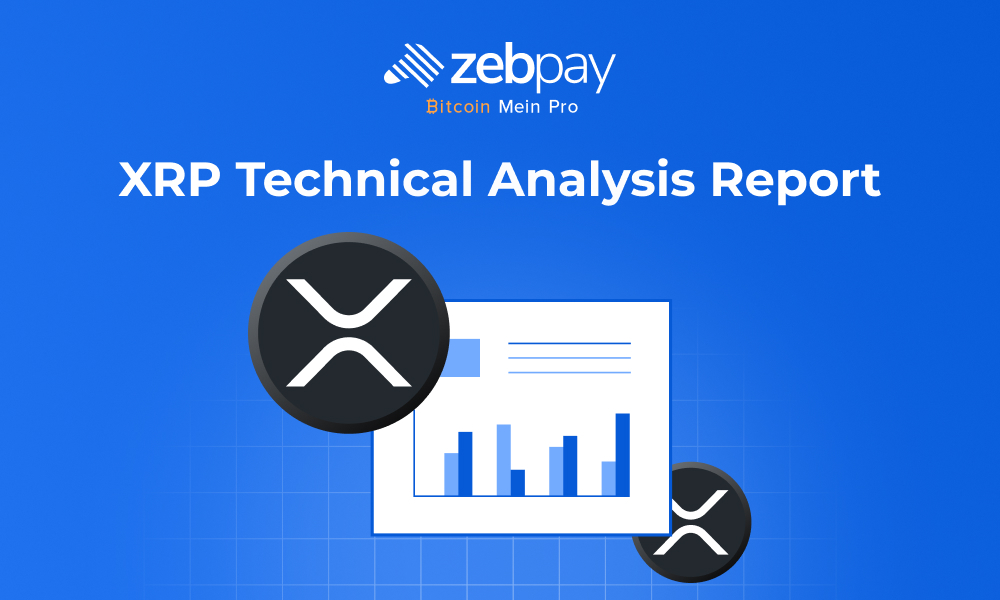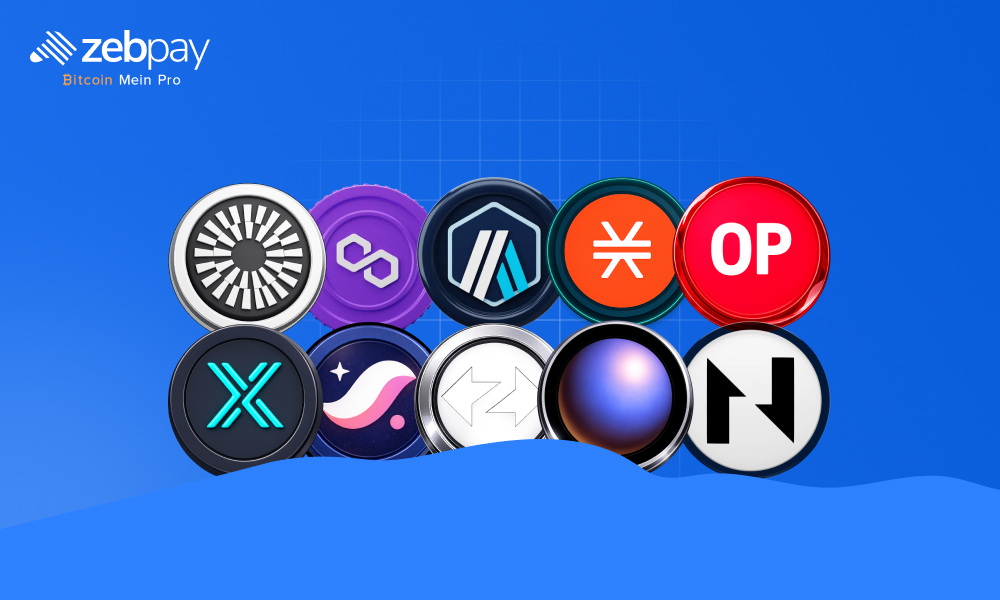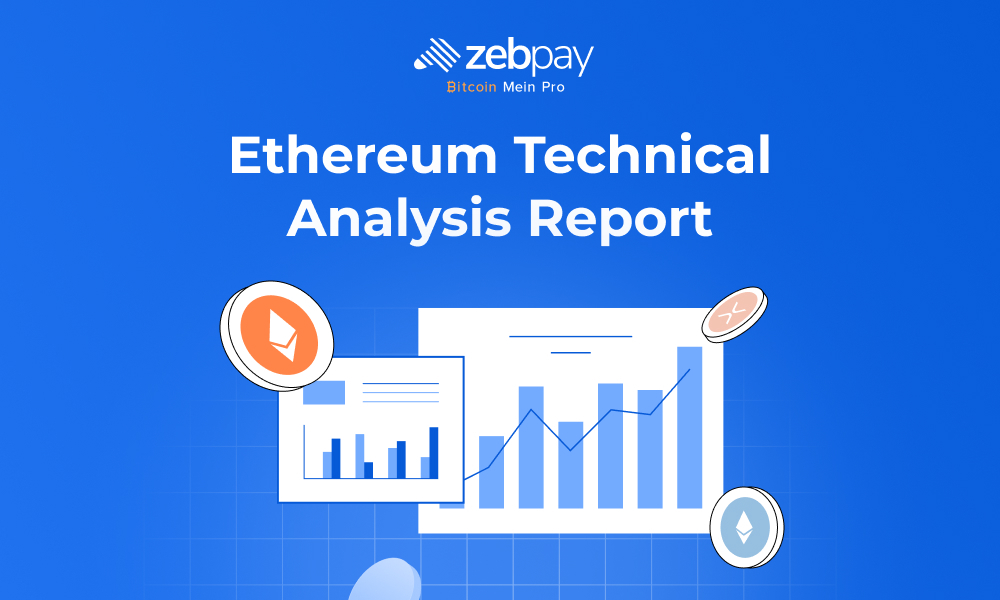One of the most popular ways to make money in crypto is through trading. Capitalising off the volatility in the crypto market can give you huge returns in a short time. However, this also comes with its fair share of risk. But this is not the only way to earn an income from crypto. On some blockchains, you can “stake” your tokens and earn rewards simply for holding crypto. So what is crypto staking, how to stake crypto and is staking crypto worth it?
How Does Staking Crypto Work?
Crypto staking is linked to the concept of block validation. If you own digital assets based on a proof-of-stake blockchain, you can begin staking today.
When you stake your digital assets, they are locked for a specified duration. During this time, you can participate in keeping the network secure by validating any new transactions on the network.
Upon performing validation, you also earn rewards in the crypto token of the network. These rewards are known as staking rewards. This provides a unique way to earn passive income with much lower risk than crypto trading.
What is Proof Of Stake?
When a transaction is made with crypto, it is added to a block on the blockchain. However, it is important to ensure every transaction within a block is legitimate. This process of verifying transactions is known as block validation. It is also known as “achieving consensus” as users on the blockchain must agree on which transactions are legitimate.
Proof of stake is a method of achieving consensus in a blockchain. Any blockchain that allows you to stake your tokens is based on proof of stake consensus. Under this method, users are required to “stake” or lock in their tokens to be eligible for block validation.
When you are chosen to validate a block, you can earn rewards for performing your services honestly. However, if a validator acts maliciously and adds illegitimate transactions to the blockchain, their staked tokens can be deducted as punishment. This reward/punishment mechanism is what makes proof of stake secure.
Proof of stake does not require specialised hardware to perform validation, unlike Bitcoin. This makes it highly energy efficient and enables the blockchain to support more transactions per second.
What are the Benefits of Staking Crypto?
Easy To Start
Unlike crypto mining, you do not need specialised hardware to be able to stake your tokens. You simply need to set up a crypto wallet and add your digital assets. Once this wallet has been linked with the relevant platform, you are ready to start staking.
Read more: What is Bitcoin Mining?
Earn Income
Staking rewards are an opportunity to earn an income without the complications of trading and following the market. Once you have successfully staked your tokens, the payout will be added to your wallet automatically.
You can earn anywhere from a 5-20% rate of return each year.
Environmentally Friendly
Since staking is not an energy-intensive process, engaging with proof of stake blockchains provides the benefits of crypto payments without harming the environment.
Support Blockchains
Staking helps in securing blockchains. Participating in the validation process of a blockchain allows you to support the network and allow greater decentralisation and validator availability.
What are the Risks of Staking Crypto?
Volatile Markets
If the price of the asset you are staking falls rapidly, then the loss in value may be greater than the interest you earn on it.
Vesting Period
The vesting or lock-in period for your staked assets can be for weeks or months. During this time, you are unable to sell or transfer these tokens to anyone else. Staking is a longer-term commitment than simply holding the asset.
Delegation
Some networks only allow a fixed number of validators, based on the staked amount. If you do not have enough staked tokens, you can delegate them to a validator. However, these validators may be malicious and have their tokens deducted as punishment. In such situations, you can also lose your staked assets.
How Are Staking Rewards Calculated?
Every network has different rules and factors on which they determine the staking rewards. While some networks may offer a fixed percentage of your holdings as rewards, others are based on a set of factors like:
- Amount staked
- Duration of staking
- The inflation rate of the network
- Network fees
However, since each network is unique, you must do your own research before staking your assets.
Is Staking Crypto Safe?
Now comes of the big question of “should you stake your crypto”. Staking for reputed blockchain networks is a relatively safe investment. You must ensure that your wallet is linked with only trusted sources.
Read more: What Is Blockchain Layer?
Additionally, you must be prepared for volatility in the market. Crypto is an asset class that can provide very high returns, but the risk is also high. It is generally not a good idea to stake everything you own, just like you would not tie up your life savings in other risky investments.
Conclusions
Staking expands on the concept of savings bank accounts. Simply holding tokens allows you to earn rewards and take part in securing a blockchain. It is also an environmentally friendly way to achieve consensus as it is not an energy-intensive process. However, you must take the necessary precautions like researching the staking policies of the platform you choose and be prepared for volatility in the market.







